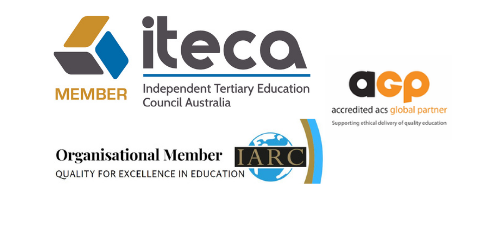The value of education has been instilled in us from an early age. Before we have a chance to determine what we want to be, we’ve already been motivated to do well in school and, if possible, go the extra mile to achieve success. Without a doubt, this is true most of the time. With a good education, we are opening ourselves up to opportunities for growth, employment, and a good life. The better our education and the higher our educational attainment, the greater is our chance to get a good start in life. But lifelong learning goes beyond the schoolyard, it underpins your approach to ongoing growth. When we say lifelong learning, we are referring to the continuous journey of self-initiated education that focuses on personal development. It is voluntary and aims to achieve personal fulfilment. However, there are many types of learning that you can do. Read on to learn more.

Lifelong learning: Types of learning
1. Learning for personal development
This type of learning does not necessarily have to be influenced by any specific reason because learning itself can already be a rewarding experience. The fact that continuous learning can help prevent degenerative diseases such as dementia, Parkinson’s Disease, and Alzheimer’s Disease is already more than enough to inspire lifelong learning.
Advantages
- Increases your knowledge and skills in a specific subject or field
- Develops an entirely new skill that can enhance your life
- Adds knowledge about your family’s medical history
2. Learning for professional development
This is another type of learning for lifelong learning that you can use to gain transferrable skills. Aside from technical skills, this is also one of the things that employers are increasingly looking for. Learning for professional development can mean learning about another complementary sector, enabling you to specialise and potentially move your practice to another industry.

Advantages
- Prepares you to move to another sector if you’re currently unhappy with your job
- Adds value to your resume by putting in another set of skills and expertise
- Allows you to specialise in a new area, adding to your potential income
Benefits of lifelong learning
- Helps to keep you employed
Industries and trends keep changing, and constantly working on our personal and professional development can help you keep up with these changes. Your employer can see your efforts in keeping yourself adept in your chosen field.
2. Gives you a better quality of life
When you continue learning, you discover more things about yourself and your surroundings. It can ignite a new passion or hobby and allow you to do something worthwhile to relax and rejuvenate. Who knows? This new passion can turn into a small business.

3. Gives you a renewed self-motivation
Sometimes, constantly working can burn us out and make us lose our self-motivation. However, when you take learning every now and then, you slowly regain self-motivation.
Lifelong learning can also be done online. There are many courses for everyone that can be completed right in the comfort of your own home.
4. It keeps you healthier
It’s true: lifelong learning keeps your brain active, which in turn helps to keep it healthy.
Lifelong learning can improve your understanding of the world, assist you to connect with a broader range of people keep your mind active, provide you with greater opportunities, improve your quality of life.

